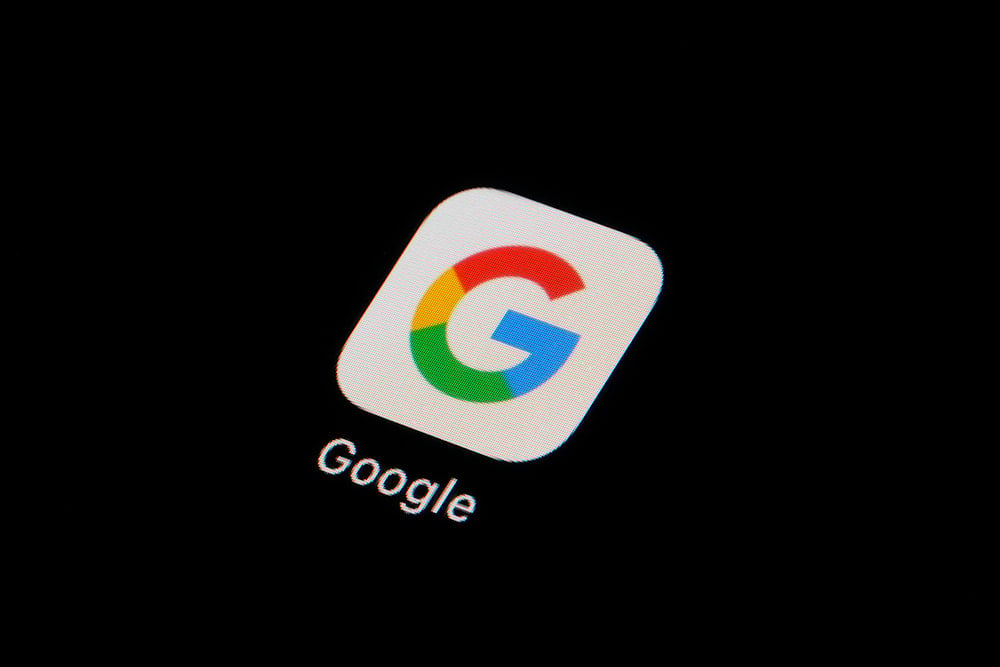Google to flush billions of private browsing records in settlement
A hearing is set for July 30 before Judge Yvonne Gonzalez Rogers, who will decide whether to approve the terms of the settlements that were filed on April 1 in the Oakland, California, federal court.
-

The Google app icon is seen on a smartphone, on Tuesday, February 28, 2023. (AP)
Following a lawsuit against Google claiming that it secretly saves the internet browsing of people in "incognito" mode, the tech giant agreed to settle and flush down billions of records in a class action which was filed in 2020, including millions of Google users who have used private browsing since June 1, 2016.
The terms of the settlement, which still need the approval of US District Judge Yvonne Gonzalez Rogers as a hearing is set for July 30, were filed on April 1 in the Oakland, California, federal court.
In a process it has already started, under this settlement, Google will further update disclosures about what it collects in “private” browsing, while also allowing incognito users to block third-party cookies for five years.
A historic step against big-tech
Lawyers representing the plaintiff wrote, “The result is that Google will collect less data from users’ private browsing sessions and that Google will make less money from the data," as they previously valued the accord at more than $5 bilion, and as high as $7.8 billion.
Google will not compensate for damages, however, the users can still sue individually for damages.
One of the lawyers for the plaintiffs, David Boies, labeled the settlement “a historic step in requiring honesty and accountability from dominant technology companies”.
According to court documents, Google agrees with the final approval of the settlement, but disagrees with the plaintiffs’ “legal and factual characterizations."
The lawsuit
The lawsuit was filed in the Northern District of California in 2020 by Florida resident William Byatt and California residents Chasom Brown and Maria Nguyen, seeking what amounts to 5 billion dollars covering millions of users since 2016 when the complaints were proven. It accused Google of tracking, collecting, and identifying browsing data "in real time" while obscuring it from users.
Moreover, it was alleged that data was collected through incognito browsers as well, which defies the purpose of the concept in the first place.
The plaintiffs said this conduct turned Google into an “unaccountable trove of information,” as the company now knows a users' life, including "embarrassing things" they might have wanted to conceal.
Google was also accused of taking Chrome users' private activity and matching it to their public Google profiles.
In 2019, Google’s chief marketing officer, Lorraine Twohill, wrote to the CEO, Sundar Pichai, “We are limited in how strongly we can market Incognito because it’s not truly private, thus requiring really fuzzy, hedging language that is almost more damaging."

 3 Min Read
3 Min Read








